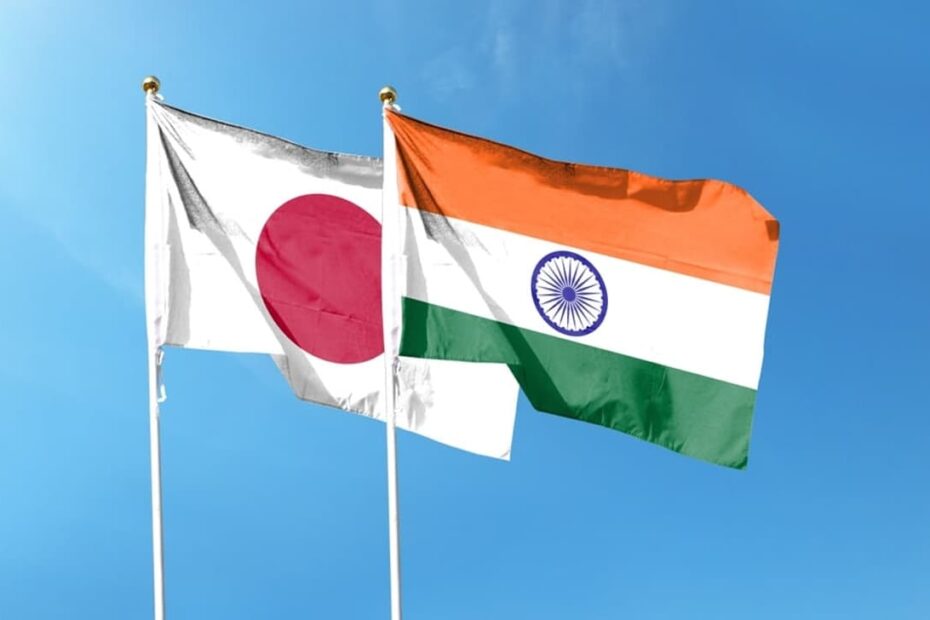India and Japan have signed a joint declaration of intent to collaborate on the development and deployment of clean hydrogen and ammonia technologies.
India’s renewable energy ministry and Japan’s Ministry of Economy, Trade and Industry (METI) have said the two countries are to work together on hydrogen and ammonia value chains and support low-carbon development.
The countries already have complementary low-carbon strategies. Japan, the first country to adopt a national hydrogen strategy, in 2017, has set a target of 20 million tonnes of annual hydrogen use by 2050. It also aims to expand ammonia fuel use to three million tonnes per year by 2030.
Through its National Green Hydrogen Mission, India is targeting five million tonnes of green hydrogen production annually and has launched a tender for the annual procurement of 539,000 tonnes of green ammonia.
“Through this [declaration], participants believe that India and Japan will leverage their combined strength to promote hydrogen/ammonia ecosystems in India, Japan and third countries,” a statement from METI said.
The countries will focus on five key areas of cooperation: research and innovation, policy, standards and trade facilitation, trade and investment, and international talks. They will also prioritise port and infrastructure development, as well as supply chains and trade corridors.
Earlier this year, a group of six Japanese companies signed a memorandum of understanding to explore investment in a new green ammonia production facility to be built in Odisha, eastern India, by 2030. The facility has a planned annual production capacity of 400,000 tonnes of green ammonia, which would be transported to Japan for domestic use.
The latest move builds on separate renewable energy partnerships between the countries. Last year, IHI Corporation, one of the six companies involved, signed an offtake term sheet with India’s Acme for the supply of green ammonia from India to Japan. IHI and MOL also signed an provisional agreement to use ocean-going vessels to transport the ammonia from IHI’s Indian production base to Japan’s primary terminals, followed by coastal vessels for delivery to secondary terminals.
In April, Japanese trading house Sojitz, having invested in a holding structure, announced plans to have 30 biomethane plants operational in India by 2027.
Japan is also advancing ammonia co-firing at thermal power plants as part of its domestic decarbonisation strategy, while India is providing more than $2bn in incentives for electrolyser manufacturing under its Green Hydrogen Mission.
